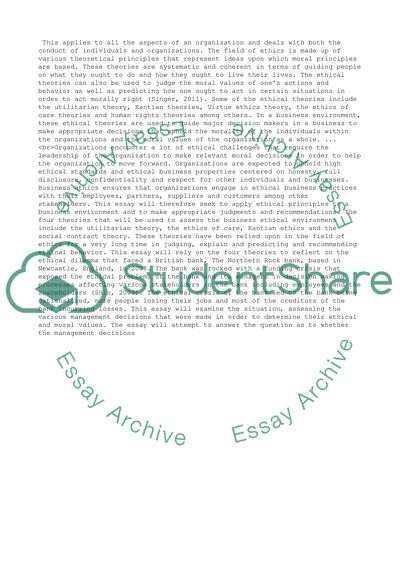Cite this document
(“Business Ethics Essay Example | Topics and Well Written Essays - 2000 words - 4”, n.d.)
Business Ethics Essay Example | Topics and Well Written Essays - 2000 words - 4. Retrieved from https://studentshare.org/management/1491261-business-ethics
Business Ethics Essay Example | Topics and Well Written Essays - 2000 words - 4. Retrieved from https://studentshare.org/management/1491261-business-ethics
(Business Ethics Essay Example | Topics and Well Written Essays - 2000 Words - 4)
Business Ethics Essay Example | Topics and Well Written Essays - 2000 Words - 4. https://studentshare.org/management/1491261-business-ethics.
Business Ethics Essay Example | Topics and Well Written Essays - 2000 Words - 4. https://studentshare.org/management/1491261-business-ethics.
“Business Ethics Essay Example | Topics and Well Written Essays - 2000 Words - 4”, n.d. https://studentshare.org/management/1491261-business-ethics.


